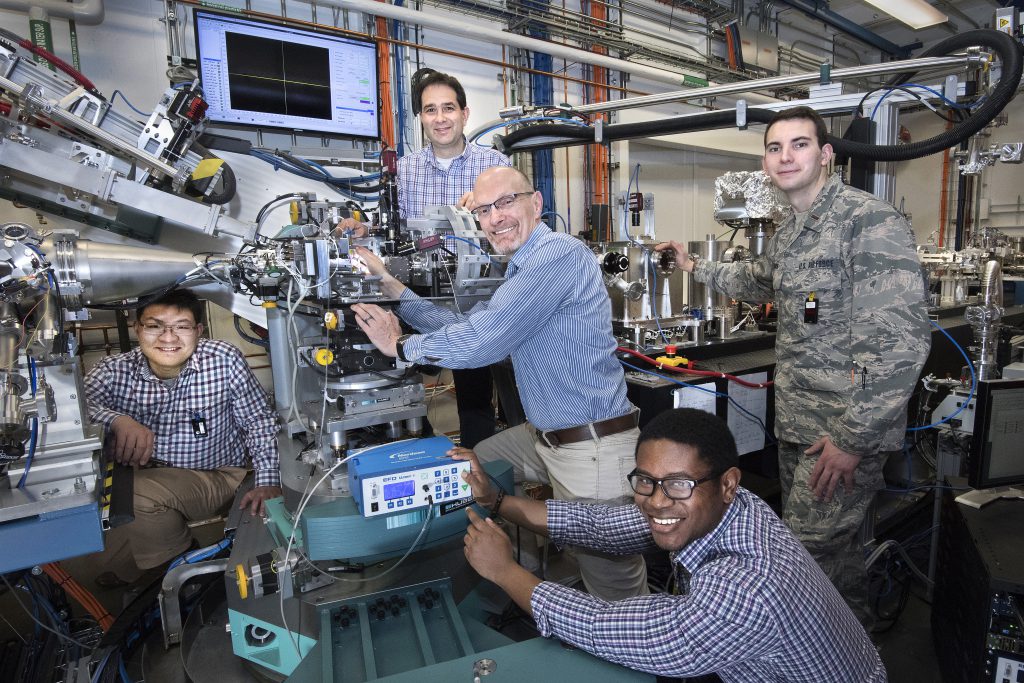Submit Your Opportunity!
Do you have a science and technology opportunity the Air Force and Space Force Tech Connect should consider?
Let us know!

Choose Your Way To Connect
Find Science and Technology Opportunities, Events and Websites or Share an Idea!
The Air Force Tech Connect and Space Force Tech Connect participates in and/or cross-promotes various opportunities occurring within the small business, academic, Department of the Air Force, and Department of Defense ecosystems. The Air Force Tech Connect and Space Force Tech Connect may or may not directly participate in all opportunities listed, and a logo or trademark or any photograph, word, or symbol used to identify a brand, service, or product other than Air Force Tech Connect and Space Force Tech Connect or that which Air Force Tech Connect and Space Force Tech Connect provides is listed for editorial or informational purposes only and does not imply or create the impression that the logo endorses or associates with Air Force Tech Connect & Space Force Tech Connect.

Identifying Science & Technology Opportunities with US Air Force
Filter upcoming science and technology opportunities by audience: academia, airmen/guardians, entrepreneurs, industry, and small business.







